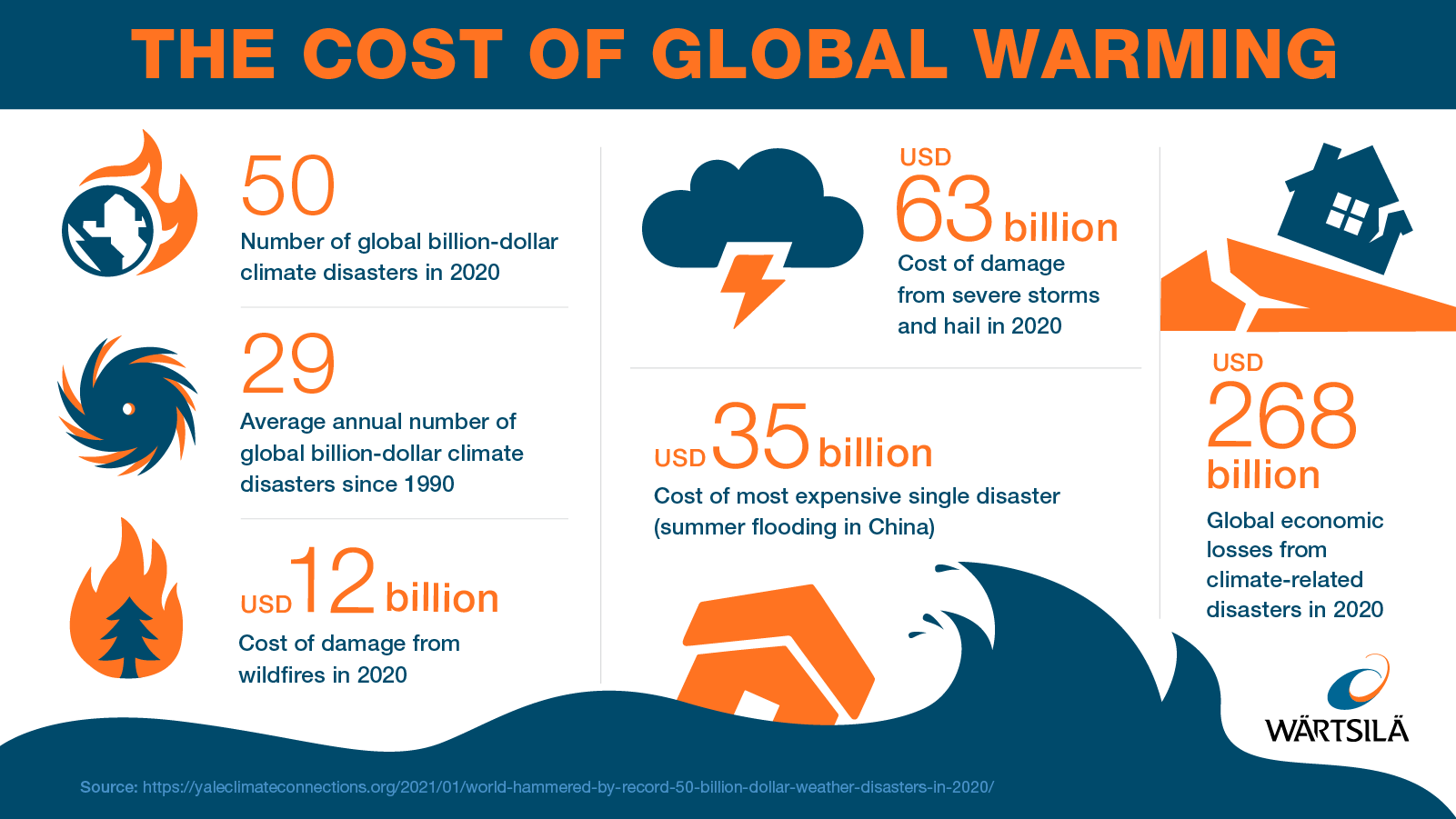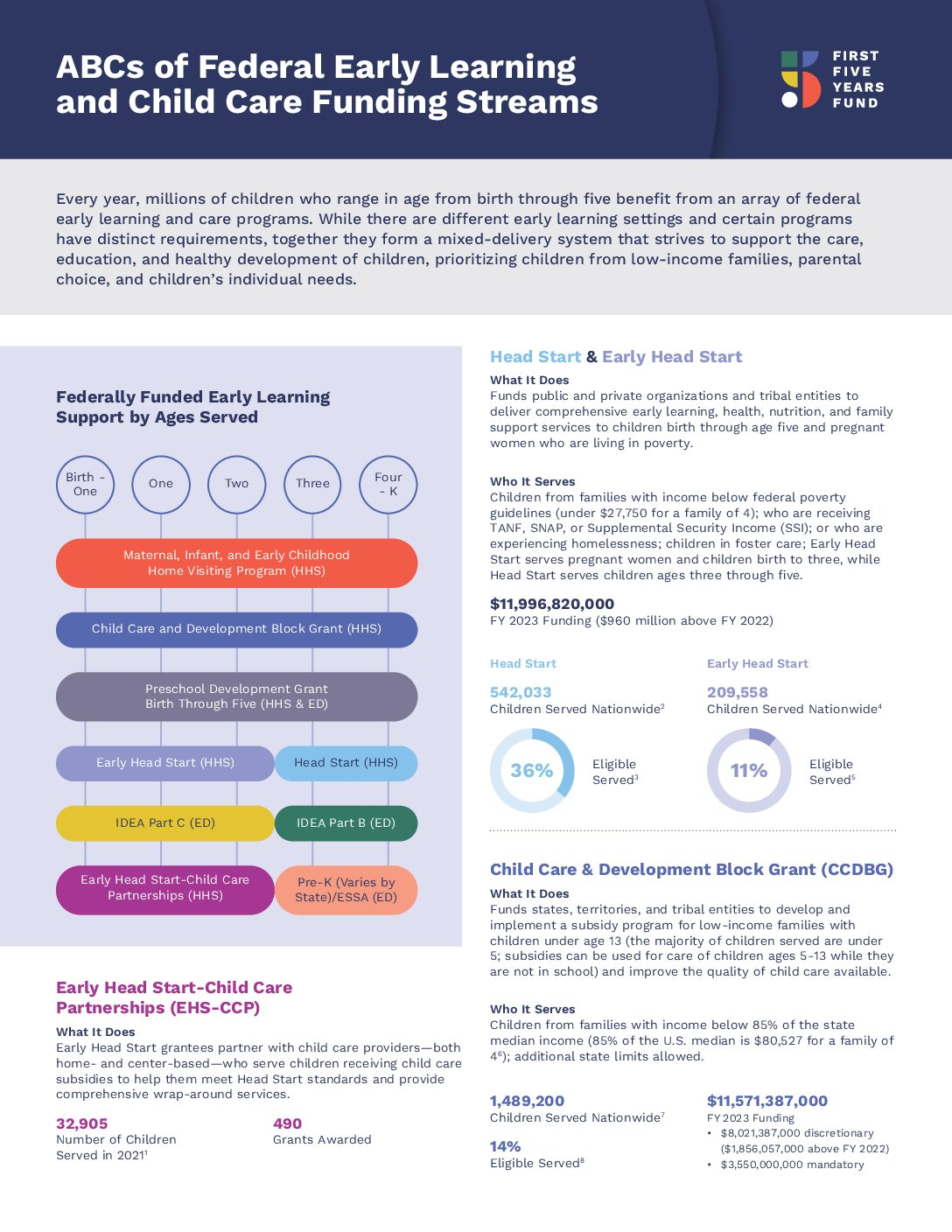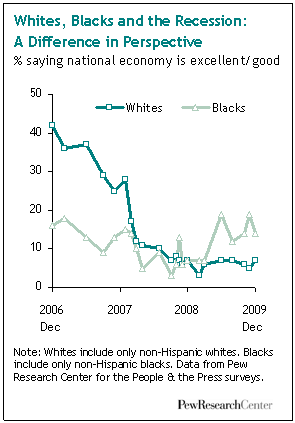The cost of climate change presents an urgent and growing challenge, as recent studies reveal projections that are six times larger than previous estimates. This alarming economic toll not only threatens the productivity of nations but also significantly impacts global GDP, highlighting the stark contrast between climate scientists’ warnings and macroeconomic predictions. As temperatures rise, the adverse effects—such as increased extreme weather events—are expected to intensify, leading to dire economic consequences. In fact, every additional 1°C increase in global temperatures could reduce global output by a staggering 12 percent, resulting in profound shifts in economic stability worldwide. Addressing the economic impact of climate change through effective decarbonization policies is no longer just a moral imperative; it’s an economic necessity to secure the future of global economies.
Addressing the financial implications of environmental changes requires an in-depth examination of the economic ramifications associated with global warming. This analysis sheds light on the fiscal burdens imposed by rising temperatures and the subsequent strain on national productivity. As the world grapples with climate forecasts and their potential impact on economic systems, the need for effective decarbonization strategies becomes increasingly critical. The interplay between climatic shifts and economic performance underscores the urgency of adapting our economic policies to mitigate these challenges. By closely evaluating the anticipated effects of climate fluctuations on GDP, we can better prepare for the future and protect our economies.
The Economic Impact of Climate Change
The economic impact of climate change represents one of the most pressing challenges for global economies today. Recent studies indicate that the cost of climate change could lead to staggering reductions in GDP, with projections suggesting that every 1°C rise in temperature may result in a 12 percent decline in global economic output. As industries confront extreme weather events, loss of productivity, and disrupted supply chains, the long-term financial implications could be extensive. Stakeholders in various sectors need to consider these dynamics as they plan for sustainable growth.
Moreover, the relationship between climate change and the economy is multifaceted. While some economic activities might initially benefit from warmer temperatures, such as agricultural yields in specific regions, the overall trend points to a significant downturn in economic stability. The macroeconomic analysis conducted by economists like Adrien Bilal and Diego Känzig reveals a need for a shift in how we approach climate change projections, emphasizing that the ongoing changes in global temperatures will invariably lead to more pronounced global warming effects.
Revising the Cost of Climate Change
The cost of climate change is being re-evaluated as new research sheds light on the economic consequences associated with rising global temperatures. Traditionally, estimates of this cost have been underestimated, particularly regarding their impact on GDP. The latest analysis suggests that the social cost of carbon, used in evaluating policies, might be significantly higher when factoring in global temperature impacts consistently. For instance, the study by Bilal and Känzig has determined a social cost of $1,056 per ton of carbon, which starkly contrasts previous estimates that underestimated this figure at $185 per ton.
This revised assessment highlights not only the immediate economic toll but also the long-term repercussions of climate change on global economic growth. By integrating more comprehensive data sets that consider a range of economic and environmental factors, policymakers can better understand the implications of their decisions. The findings prompt urgent action towards decarbonization policies that protect against future economic losses, suggesting that investing in clean technology and sustainable practices may yield substantial benefits, outweighing the costs associated with climate action.
Understanding Climate Change Projections
Climate change projections are crucial for anticipating future economic scenarios and formulating effective policy responses. Current models predict significant impacts on global productivity, suggesting that if temperatures rise by an additional 2°C by the end of the century, the output and consumption could drop by 50 percent. This decline would surpass the economic devastation experienced during the Great Depression, raising alarms about the sustainability of continued growth amidst such conditions.
In order to effectively prepare for these potential outcomes, it is essential for countries and businesses to adopt climate-resilient strategies. This may include investing in renewable energy sources, improving infrastructure to withstand extreme weather events, and fostering innovation in sustainable practices. By understanding the economic impacts associated with climate change projections, stakeholders can better navigate the challenges posed by global warming and work toward a more sustainable economic future.
Global Warming Effects on the Economy
Global warming effects are increasingly being recognized for their role in reshaping economic landscapes. The rise in average global temperatures correlates with a surge in extreme weather events, which have profound implications for productivity and capital. For instance, hurricanes, prolonged droughts, and devastating floods not only disrupt local economies but also strain global supply chains, leading to increased costs and economic instability.
As the frequency of these events rises, sectors such as agriculture, manufacturing, and services face heightened risks that can undermine economic performance. Notably, businesses must adapt to these changes by revising operational strategies to mitigate potential losses. Understanding the full spectrum of global warming effects is essential for developing comprehensive economic policies that prioritize sustainability and resilience.
Decarbonization Policy and Economic Growth
Decarbonization policy plays a pivotal role in addressing the economic challenges posed by climate change. By reducing greenhouse gas emissions, governments and organizations can combat rising temperatures and minimize the associated economic costs. The recent analysis indicates that investments in decarbonization can yield significant returns; for large economies like the U.S. and the European Union, undertaking climate initiatives can surpass the cost-benefit thresholds typically observed in traditional economic pursuits.
Incorporating decarbonization strategies not only helps mitigate the immediate impacts of climate change but also positions economies for sustainable growth in the long run. Policymakers must prioritize funding for clean energy technologies and emissions reduction efforts to unlock economic potential while safeguarding the environment. The emphasis on transitioning toward a low-carbon economy aligns with both climate goals and the need for resilient financial systems.
Economic Challenges of Climate Change Mitigation
Mitigating climate change poses significant economic challenges that necessitate careful navigation by policymakers. The implementation of stringent emissions regulations and the transition to renewable energy sources often come with upfront costs that can affect economic performance in the short term. Investors and businesses need to balance these costs against the long-term benefits of sustainable practices, as the delay in action can result in compounded economic losses due to climate impacts.
However, these challenges can also present opportunities for innovation and job creation in green sectors. By fostering a stable regulatory environment and supporting technological advancements, governments can create a conducive atmosphere for businesses to thrive while addressing climate change. Awareness and investment in these areas are crucial for shaping a resilient economy that can withstand the impacts of future climate scenarios.
Investing in Resilience Amid Climate Uncertainty
Investing in resilience is a critical strategy for contending with the uncertainties posed by climate change. As new studies reveal the extensive economic costs associated with global warming, stakeholders must prioritize initiatives aimed at bolstering adaptive capabilities. This includes enhancing infrastructure to withstand extreme weather, diversifying energy sources, and developing comprehensive disaster response frameworks that minimize economic disruptions.
Moreover, by channeling resources into resilient practices, economies can protect themselves from the unpredictability of climate impacts and ensure sustained growth. Businesses that invest in resilience not only safeguard their operations but also contribute to broader economic stability. A proactive approach toward addressing climate change will ultimately yield substantial returns, helping to secure a prosperous future amid evolving environmental challenges.
The Intersection of Climate Change and Economic Policy
The intersection of climate change and economic policy is increasingly important as countries grapple with the implications of global warming on their economic systems. As highlighted by recent studies, the economic toll of climate change necessitates innovative policy design that considers both immediate and long-term repercussions. Effective economic policy must prioritize sustainability, integrating strategies that mitigate climate impacts while fostering growth.
This dual focus can lead to holistic solutions that not only reduce greenhouse gas emissions but also drive economic development. Policymakers must engage diverse stakeholders to craft policies that reflect the complex relationship between climate dynamics and economic conditions. By pursuing a comprehensive approach, nations can navigate the challenges of climate change while ensuring resilient and sustainable economic futures.
Foreseeing the Future: Climate Change Projections and Economics
Foreseeing the future in the context of climate change projections requires an understanding of the intricate ties between economic performance and environmental shifts. The convergence of rising global temperatures and their impacts on economic indicators signals an urgent need for thorough analysis and proactive policymaking. Recent projections suggest that the effects of climate change will not only influence GDP growth but will also redefine the economic landscape as we know it.
Investing in research and modeling efforts that examine these projections enables countries to prepare for potential scenarios that could hinder progress. As we adopt forward-thinking approaches to economic planning, it becomes essential to incorporate climate resilience into business and policy strategies. This foresight will help mitigate risks and safeguard economic stability against the backdrop of global warming, ultimately fostering a balanced approach to growth.
Frequently Asked Questions
How does the cost of climate change impact global GDP?
The cost of climate change significantly affects global GDP, with projections indicating that every additional 1°C rise in global temperature could lead to a 12 percent decline in GDP. This stark figure highlights the economic impact of climate change, suggesting that future temperature increases will result in substantial losses peaking six years post-temperature rise.
What are the economic projections related to global warming effects?
Recent studies project that global warming effects could lead to reductions in economic productivity. Specifically, a 2°C increase in global temperatures by the year 2100 could result in a 50 percent decline in output and consumption, fundamentally reshaping the economic landscape.
Why is decarbonization policy crucial in addressing the cost of climate change?
Decarbonization policy is essential to mitigate the economic toll of climate change. The social cost of carbon, estimated at $1,056 per ton globally, underscores the urgency for such policies. By investing in decarbonization efforts, economies like the U.S. and the European Union can achieve substantial cost savings and economic benefits.
What is the relationship between climate change projections and economic growth?
Climate change projections indicate that while the economy may still grow, the overall growth could be significantly hampered by climate change effects. For instance, while we might be richer in 2100 compared to today, the estimates suggest that without climate change, growth could be double, showcasing the adverse economic impacts associated with rising temperatures.
How do local temperature variations influence the cost of climate change?
Local temperature variations can impact economic activity; however, they do not fully account for the associated extreme weather events driven by global temperature rise. The cost of climate change needs to incorporate the broader implications of rising global temperatures to accurately reflect damages on productivity and economic stability.
What is the significance of the updated economic impact of climate change estimates?
The updated estimates reveal that the economic impact of climate change is six times larger than previously thought. This refines our understanding of climate change projections, emphasizing the urgent need for reevaluating our approach to economic planning and climate policy.
| Key Point | Details |
|---|---|
| Economic Impact of Climate Change | The new estimate predicts a 12% decline in global GDP for each additional 1°C rise in global temperature, significantly higher than previous projections. |
| Historical Temperature Increase | The world is already 1°C warmer than pre-industrial times. |
| Forecasting Timeframe | The predictions begin in 2024 and model up to the year 2100. |
| Effects of Temperature Rise | An additional 2°C rise by 2100 could reduce output and consumption by 50%. |
| Comparison with Historical Economic Decline | The predicted output reduction is twice that of the Great Depression. |
| Social Cost of Carbon | New estimates suggest a social cost of $1,056 per ton, much higher than previous estimates of $185 per ton. |
| Decarbonization Viability | Despite higher costs, decarbonization initiatives are projected to pass cost-benefit analyses in large economies. |
Summary
The cost of climate change is becoming increasingly evident as new economic analyses indicate that the toll on global GDP could be significantly underestimated. This research demonstrates a direct correlation between temperature rise and economic decline, suggesting urgent policy interventions are necessary to mitigate these effects. As global temperatures continue to rise, the projections reflect dire implications not only for productivity but also for overall consumption. With previous estimates showing a much milder impact, this revitalized understanding of the cost of climate change underscores the pressing need for decarbonization efforts and proactive economic strategies for future sustainability.



